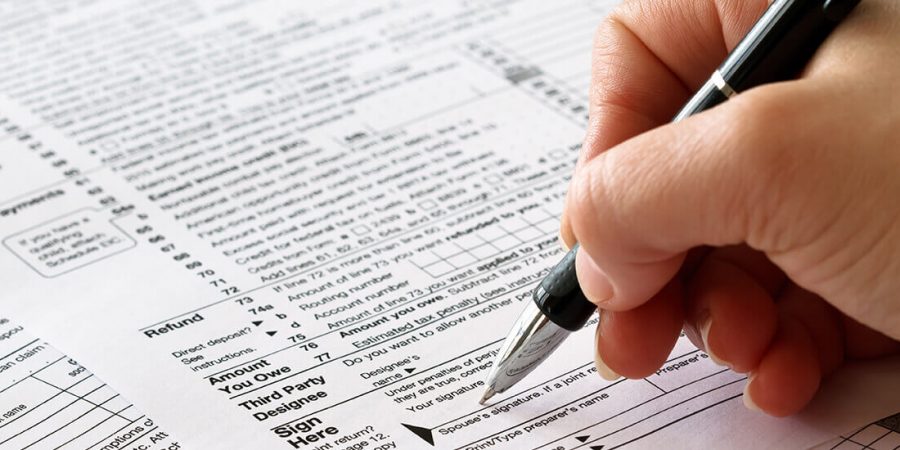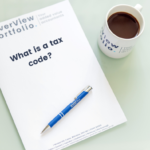What are payments on account for tax?
With the filing of personal tax returns in full flow, a question that often comes up is – what are payments on accounts and why do I need to pay them? We’ve broken this down below…
When you complete a personal tax return, this covers the tax year which ends on 5th April. If you have tax due for that year, then this will need to be paid by no later than 31st January of the following year. So for the tax year ending 5th April 2022, your tax will be due by 31st January 2023.
If the tax that you owe in a year exceeds £1,000, you may be asked by HMRC to pay what are known as payments on account. Payments on account are calculated by HMRC on the basis, or assumption, that if you owe a certain level of tax one year, you will owe it the following year also. They therefore ask for an additional 50% to be payable alongside the normal tax due date (31st January) and a further 50% to be paid by the following July, before 31st. So using the example of £1,000 of tax being due for the tax year ending 5th April 2022. The payments would then become:
31st January 2023 – £1,000 + £500 Payment on Account = £1,500
31st July 2023 – £500
There are certain exceptions where your tax owing could be above £1,000 and you wouldn’t automatically be asked to make a payment on account. The two main occasions we see this being due to are:
- The level of tax you have deducted at source (via PAYE for example) is greater than 80% of the total tax due.
- If the tax due is below £3,000 and you have opted to have your tax deducted via your tax code applied to your PAYE income.
The two payments on account payments you make (£500 each in the example above) are then shown as tax paid when you come round to doing your following year tax return, so will reduce any balance which then may be due in the following January. If you are in a position where the tax you owe is similar, you will find that the payments on account you are requested to make each year will remain around the same, giving your broadly two equal payments in the tax year in January and July each year.
If you have been used to making one payment of tax each January, then the first-time payments on account are requested, it can be a shock. It will feel like you are paying 150% tax payment rather than the normal amount. Don’t worry, you aren’t actually being taxed more but it is HMRC’s way of shortening the gap between someone earning money where tax isn’t deducted at source and HMRC receiving payment. There is still a lag between these figures compared to say someone who is employed who pays their tax along the way.
The key thing to remember and consider with payments on accounts that they are initially just based on HMRC’s assumption that nothing has changed for you. If there have been items that will have either reduced your income or the amount of tax you have deducted at source has increased then you can request that these are reduced in line with a more accurate forecast. Aiming to do this ahead of the due dates is really important to ensure that money stays with you rather than being paid over to HMRC and needing to request it back later.
If you are looking to reduce your payments on account then it is important that you get your information as accurate as possible, as if you over reduce these then HMRC can apply interest and payment penalties on the difference.
Depending on what makes up your income your personal return we would recommend that if you think there has been a reduction in your income or increase in tax deducted at source that you look to get your tax return done ahead of 31st July – that way rather than relying on forecasts, you can submit accurate information and adjust the payment requested accordingly.
If you are in a position where your income has increased, do still make sure you are forecasting your tax along the way, so you avoid any nasty surprises when it comes to a larger payment being requested in January along with larger payment on accounts going forward.
If you need help planning and where possible reducing your personal tax, please get in touch.




